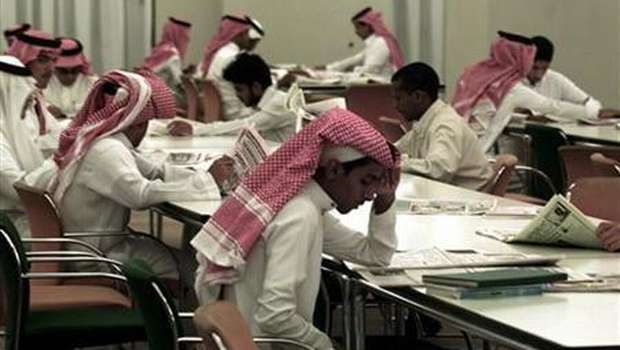Gulf nations have been expanding the higher education sector to foster comprehensive growth across a number of industries, particularly those requiring a larger, better educated workforce. This opens the doors of higher education in the Gulf to both the private sector and foreign universities. There is currently deep disagreement about the pros and cons of foreign universities, and it is a question that deserves a concerted, systematic effort to assess. We cannot be afraid of asking tough questions regarding this issue.
Be it through governmental agreement or through the private sector, foreign educational bodies have made their presence known in the Gulf. We should evaluate each country’s experience from a legal and administrative standpoint, and not simply an academic one. Foreign universities that have managed to win contracts with regional governments only operate according to the wishes of those governments, so their academic programs are often tailored to the needs of the nation they are contracted to. These universities receive massive government grants, often more than those offered to most local universities. These grants free universities from making tuition fee-driven acceptance decisions, so they are better able to focus on whether a student meets the entrance requirements and has obtained good grades prior to university.
However, because these universities hope to maintain academic standards by attracting outstanding candidates, we find that many of them are forced to accept foreign students on full-fledged scholarships due to a shortage of local students meeting their entrance requirements. On the other hand, the universities that work through the private sector operate purely according to the profit motive. They therefore depend on tuition fees to function, and the quality of the academic programs they offer is governed by supply and demand. But whether a university operates through the private sector or through the government, academic reputation and intellectual tradition are among the most important reasons they open new campuses. Thus, the academic programs foreign universities offer in the Gulf must be on par with those they offer on their home campuses, an ideal which I believe has gone unrealized for a number of reasons.
First of all, some of these universities do not allow students to transfer from Gulf campuses to the original campus because of the disparity between the two in terms of entrance requirements and academic levels. Second, the academic programs offered by these satellite universities in the Gulf are not subject to the same accreditation available for corresponding programs on their original campuses, with some of these programs even lacking accreditation back home. A third reason is that faculty members based in the Gulf may also not be as qualified—in terms of qualifications, research experience, and teaching performance—as those teaching the same programs at the original campus. But this is to be expected as, naturally, university administrations are always keen to keep their highest-quality staff on their main campuses. These campuses are also far more developed in human resources, labs, libraries, research culture, and community partnerships. This means they can produce educational services that are impossible to achieve in satellite campuses such as those in the Gulf, which in addition to lacking staff, will often also lack this underlying infrastructure.
But despite all this, some foreign universities in the Gulf have academic programs on par with their home universities. Whether governmental or private, their presence stirs the educational pot and opens new horizons in higher education, national identity, and cultural openness, especially in light of regional and local dynamics. The presence of foreign universities is likely to increase, so it is necessary for these universities to meet the standards of accreditation they adhere to in their home countries. This is how we can ensure the quality of their programs in the Gulf.
The counterpoint to this article can be read here.
